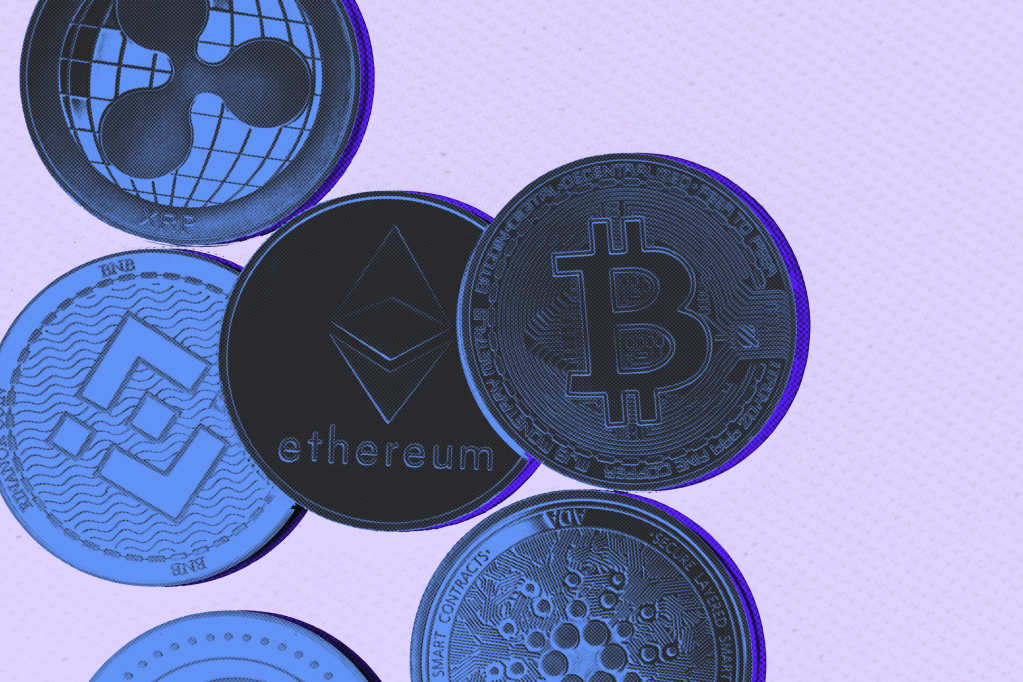Following a tough week in which Grayscale’s GBTC saw an outflow of $643m, bitcoin ETFs have picked up, registering a $418m inflow on Tuesday. Fidelity’s FBTC alone saw inflows of $279m, according to Cointelegraph.
The reversal coincided with a renewed price increase in bitcoin, as speculators eagerly anticipate the
Register for free to keep reading
To continue reading this article and unlock full access to GRIP, register now. You’ll enjoy free access to all content until our subscription service launches in early 2026.
- Unlimited access to industry insights
- Stay on top of key rules and regulatory changes with our Rules Navigator
- Ad-free experience with no distractions
- Regular podcasts from trusted external experts
- Fresh compliance and regulatory content every day

















